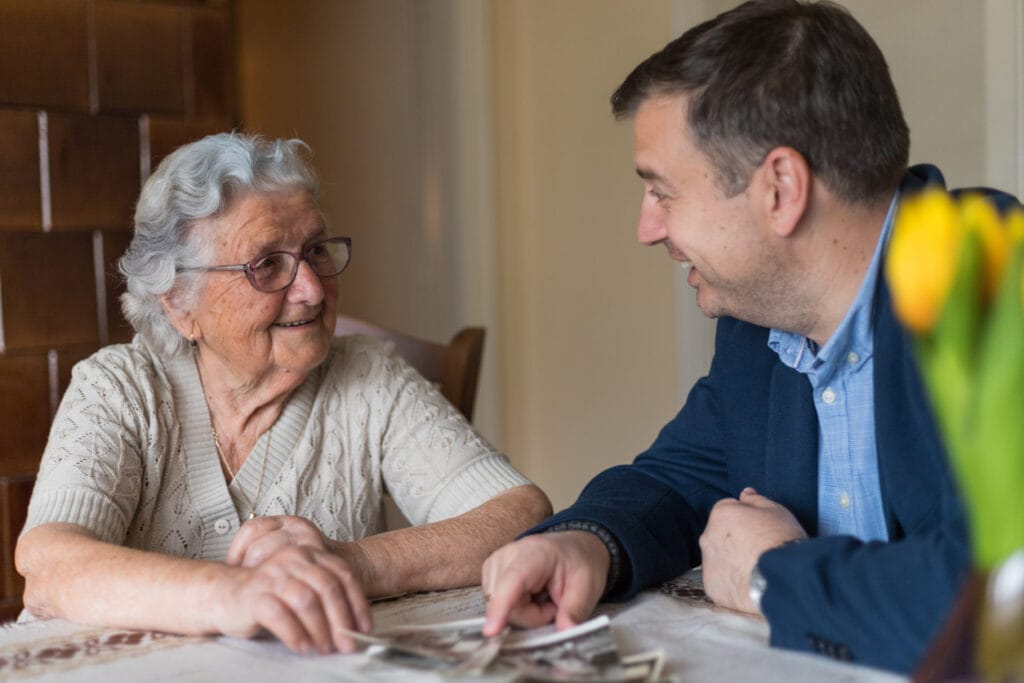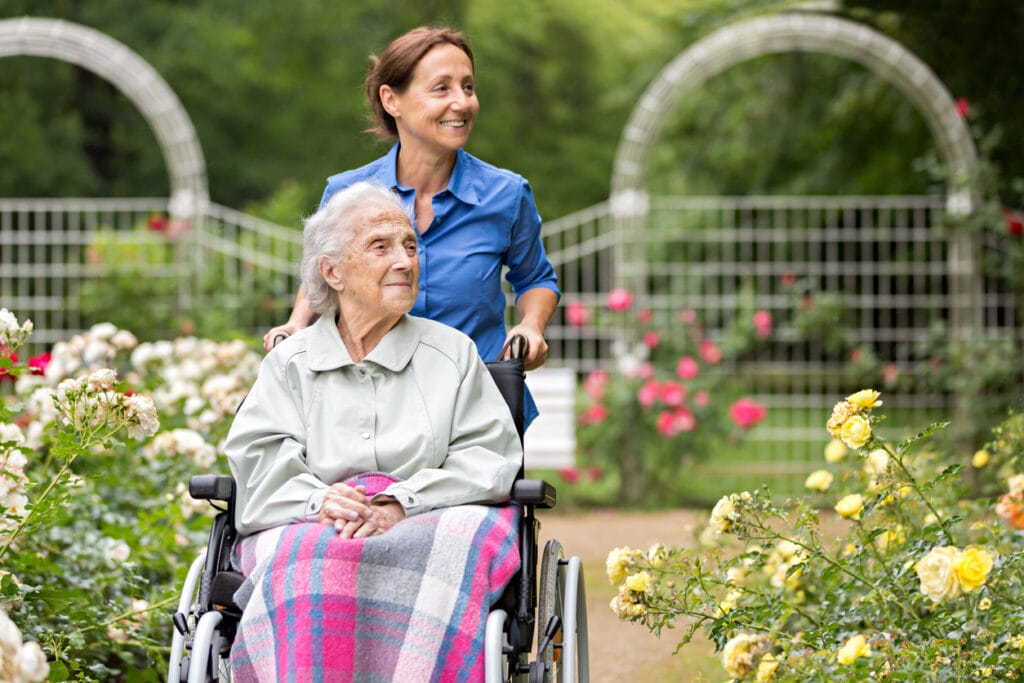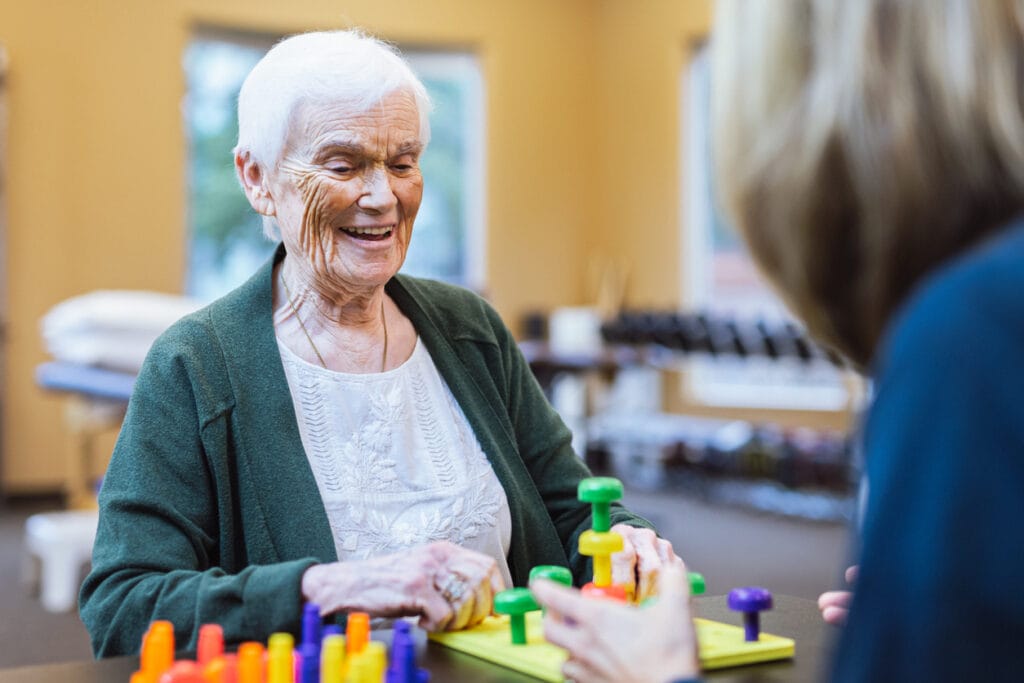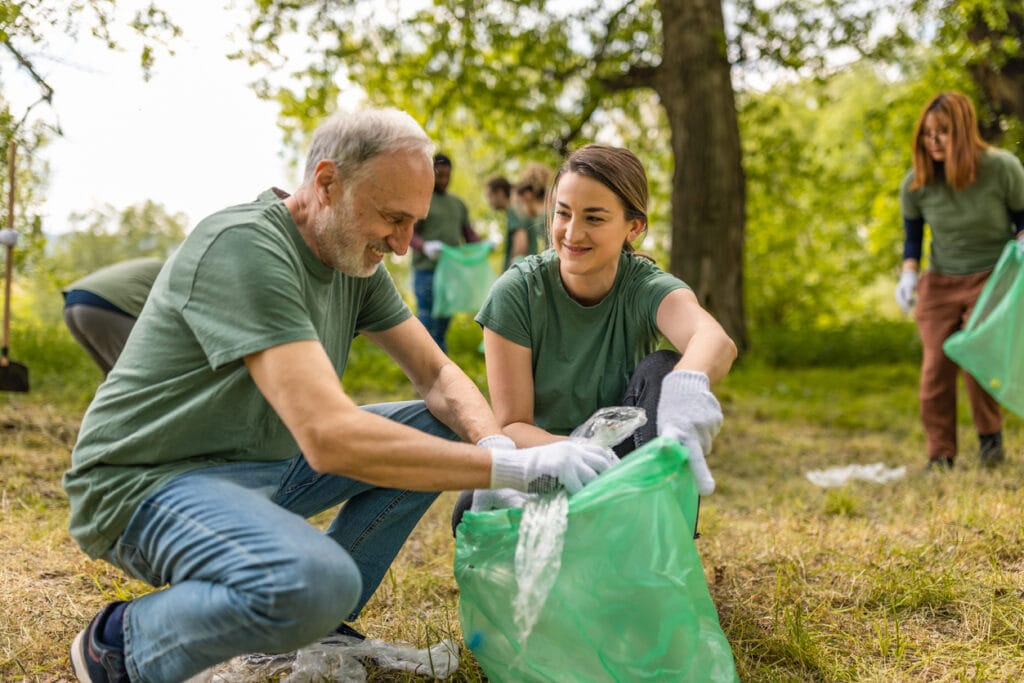National Cheer Up the Lonely Day, observed annually on July 11, serves as a heartfelt reminder to bring joy to those who may be feeling isolated or alone. It's a day to reach out, offer companionship, and show a little extra kindness to someone who might be going through a tough time.
This day holds particular significance for our elderly loved ones, who may often experience feelings of loneliness. Loneliness in seniors is not just an emotional issue; it can have serious health implications, increasing the risk of heart disease, depression, and even dementia. Engaging with seniors through meaningful activities, regular communication, and simple gestures of thoughtfulness can lift their spirits and greatly improve their overall well-being. By dedicating time and effort to cheer up the lonely, we help create a brighter, more connected world for everyone.
Loneliness can be triggered by various factors, including:
- Loss of a spouse: The death of a lifelong partner can lead to profound feelings of loneliness and grief.
- Decreasing mobility: Physical limitations can restrict seniors' ability to engage in social activities and outings.
- Shrinking social circles: As friends and peers pass away or move, seniors may find their social interactions significantly reduced.
The psychological repercussions of loneliness can manifest as depression, anxiety, and cognitive decline, while physical effects include increased risks of heart disease, high blood pressure, and weakened immune systems.
Activity Ideas to Reduce Loneliness
Sharing Memories and Creating Legacies
Working together on a family scrapbook or digital photo collection not only preserves precious memories but also provides a platform for storytelling and reminiscing. Recording stories or family history as a keepsake for future generations can be done through audio recordings, video interviews, or written memoirs, ensuring that their legacy is cherished and remembered.

Art and Music Activities
Enjoying favorite music or classic films together can evoke happy memories and stimulate conversations. Organizing a small, family-oriented sing-along or dance can be a fun, light-hearted activity that brings everyone together. Engaging in simple, fun art projects that can be shared or displayed allows for creative expression and can be therapeutic.

Enjoyment of Nature
Planning trips to a local park or botanical garden can be refreshing and uplifting. Taking leisurely walks in accessible, natural settings provides gentle exercise and an opportunity to enjoy the outdoors. Engaging in bird watching or easy gardening projects can be relaxing and provide a sense of accomplishment.

Social Connections
Coordinating video chats with distant relatives or old friends can bridge the gap and help maintain important relationships. Participating in local senior-friendly events offers a sense of community and an opportunity to meet new people. Visiting community centers that offer activities for seniors can provide a variety of programs that cater to their interests.
Mental Engagement and Learning

Joining classes or workshops designed for seniors, such as cooking or computer classes, can be stimulating and rewarding. Enjoying mind-stimulating games like puzzles, card games, or board games keeps the mind active and provides entertainment. Sharing reading sessions from cherished books or exploring new literary genres can be a delightful and intellectually engaging activity.
Volunteering Together
Engaging in community service activities that are feasible for the senior can provide a sense of purpose and fulfillment. Assisting at local charities or community events, as physically suitable, helps them feel connected to the broader community.

Utilizing Technology to Combat Loneliness
Loneliness poses a significant challenge for seniors, with up to one-third experiencing social isolation, as highlighted in a report by the National Academies Press. Yet, family caregivers have found solace in technology's ability to combat this issue.
Social media and video calling apps serve as invaluable tools, bridging distances and fostering meaningful connections. Research, such as that from the Gerontologist journal, reveals that regular video calls can significantly enhance the well-being of older adults, offering them a virtual closeness that combats feelings of isolation.
Delving into apps tailored for seniors proves highly beneficial, with studies from the International Journal of Geriatric Psychiatry indicating that online social activities can alleviate loneliness and bolster mental health. These platforms cater to diverse interests, promoting mental stimulation and fostering a sense of community among peers with similar passions.
Tailoring these experiences to their abilities ensures their comfort and enjoyment, enhancing their overall quality of life. Through the thoughtful incorporation of these technological tools, family caregivers can make significant strides in improving the well-being of their elderly loved ones.





